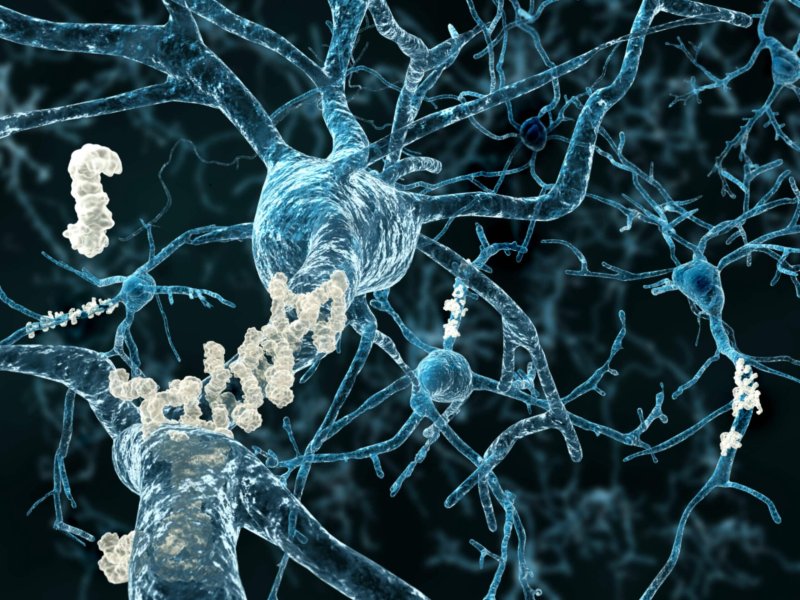The challenge: There is evidence that Alzheimer’s may be developing in the brain as much as 30 years before symptoms appear, but there isn’t a way to easily and accurately diagnose it that early.
In 2012, researchers studying the genes of people in Iceland discovered a rare mutation in the [amyloid precursor protein, or] APP gene that makes it harder for the enzyme to break apart the precursor protein.
As a result, people with the mutation have “strong protection” against Alzheimer’s, as well as general cognitive decline and memory loss.
People with this mutation are “five times more likely to reach 85 without being diagnosed with Alzheimer’s,” according to Nature, and “also live longer, with a 50% better chance of celebrating their 85th birthday.”
Researchers at Canada’s University of Laval have now used a CRISPR technique known as “prime editing” to successfully insert the Icelandic mutation into up to 68.9% of human cells treated in the lab.
…
Looking ahead: For the CRISPR treatment to be effective, it would need to edit the genes in a significant portion of the brain’s cells, and CRISPR faces the same issue as other treatments in crossing the blood-brain barrier.































